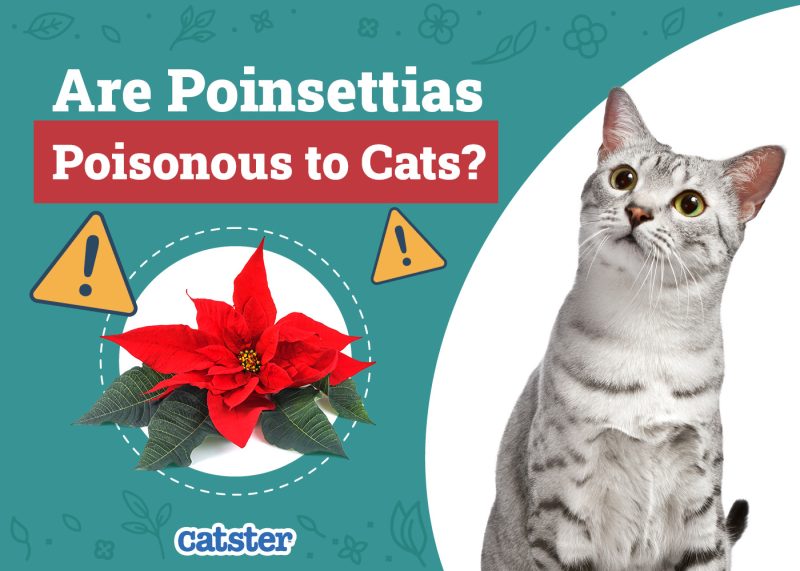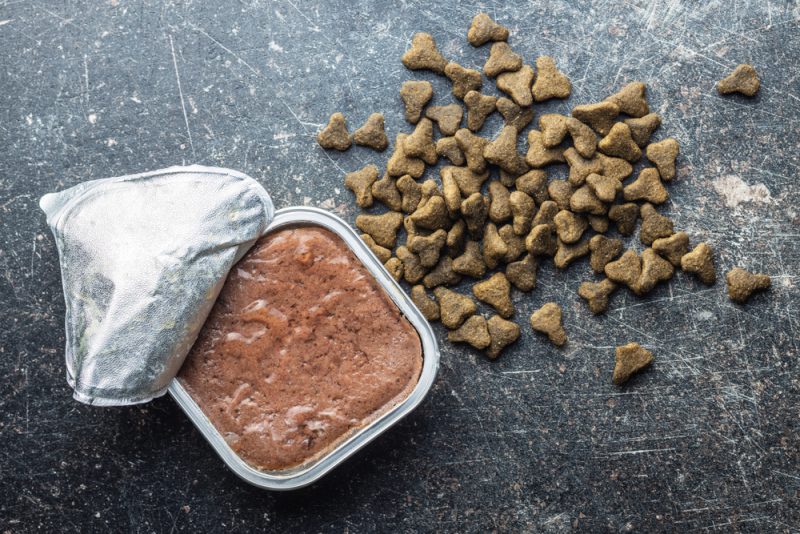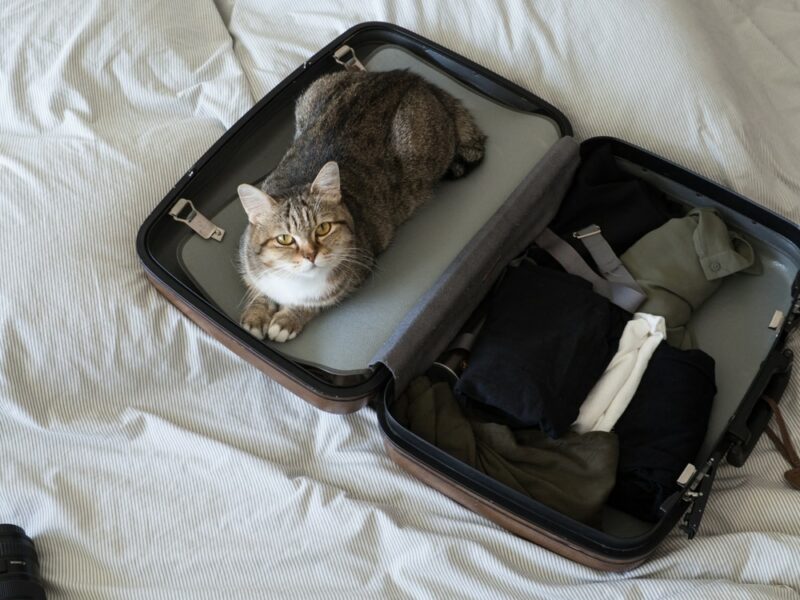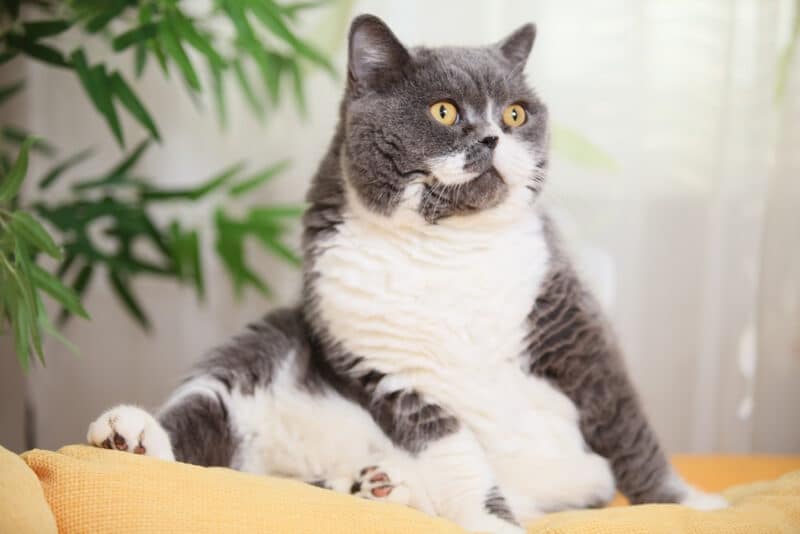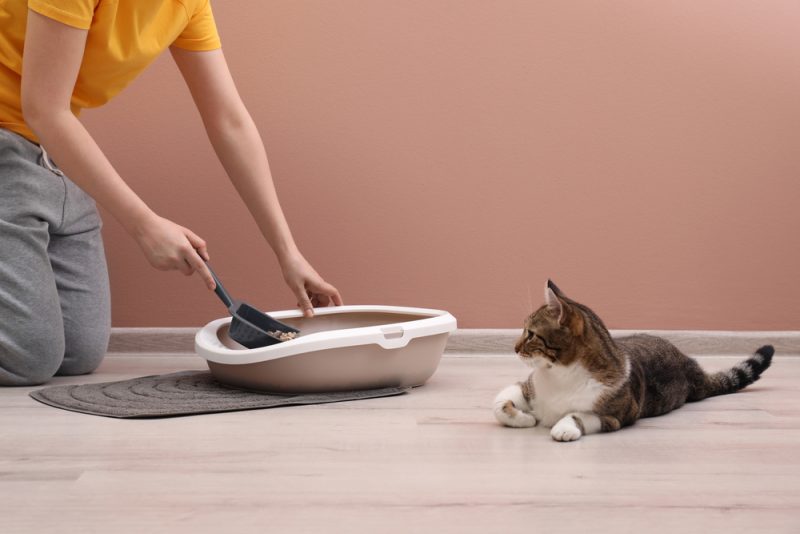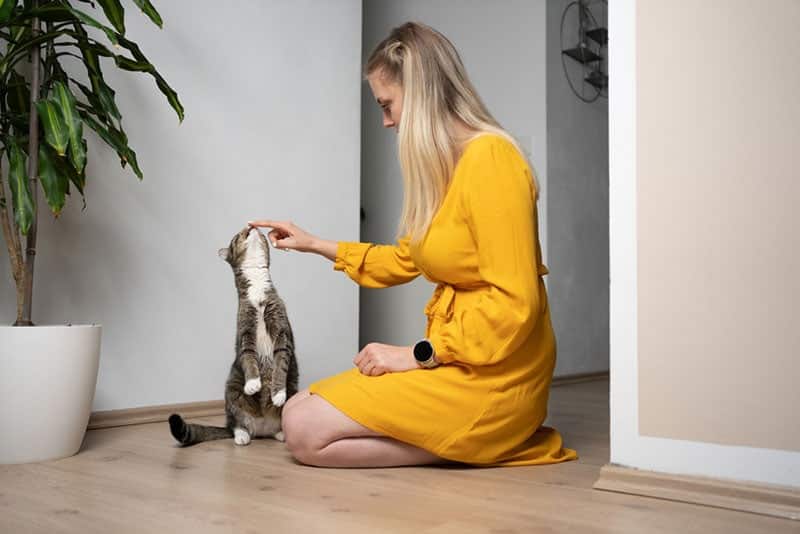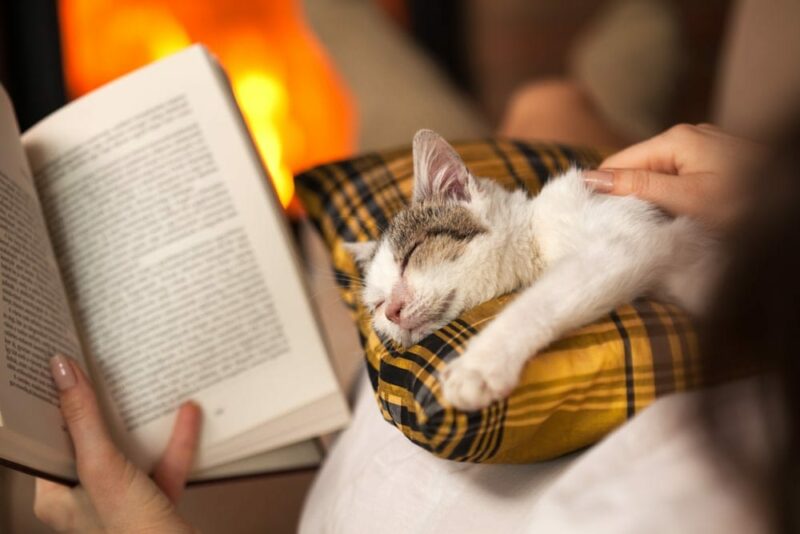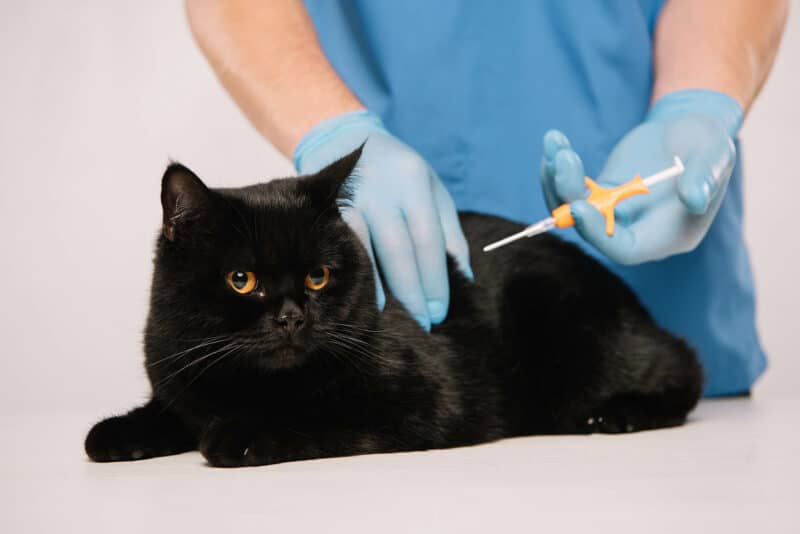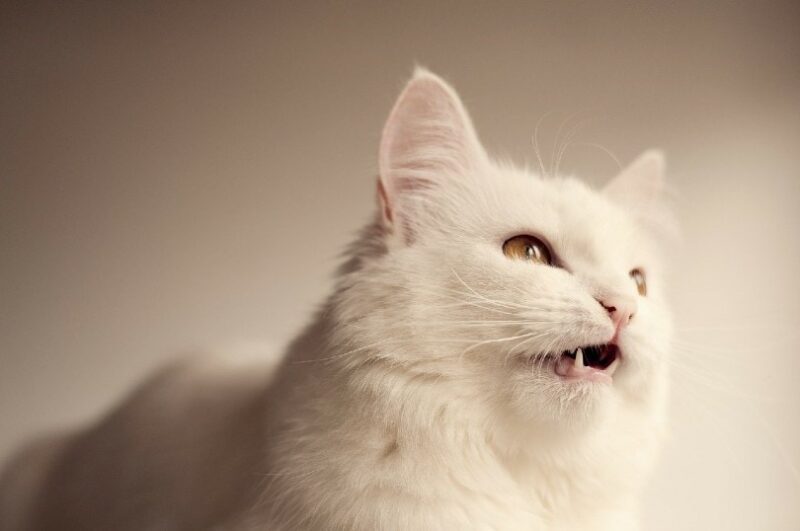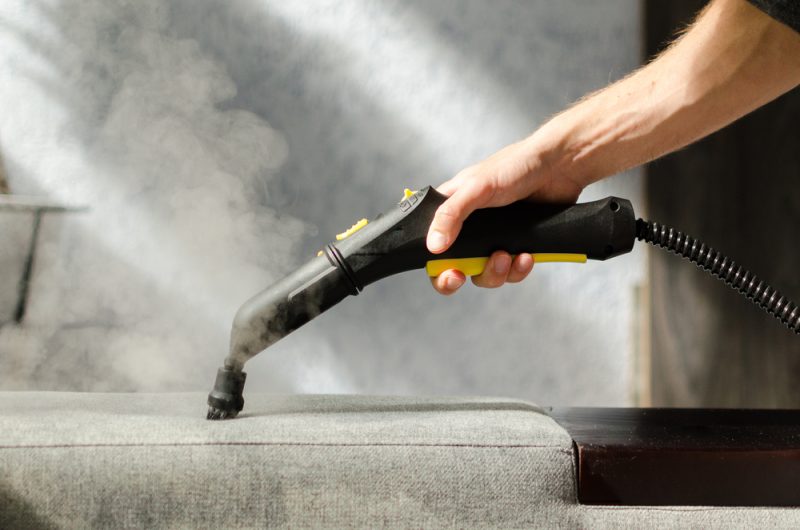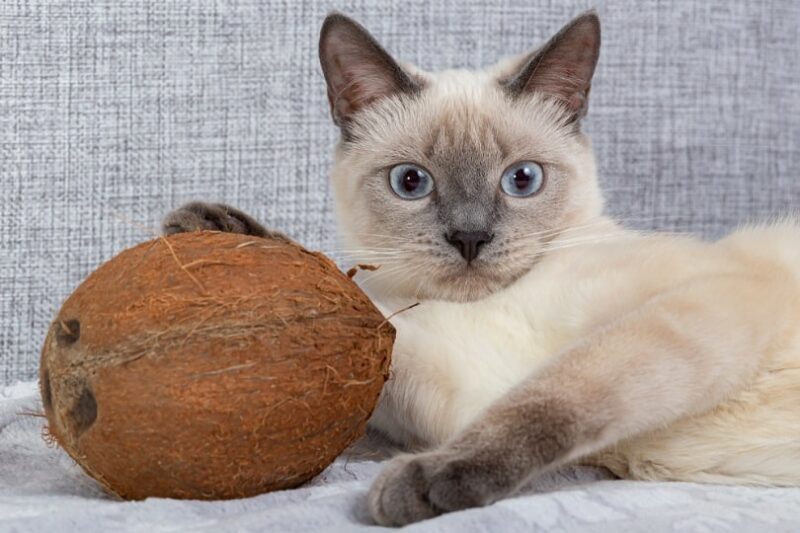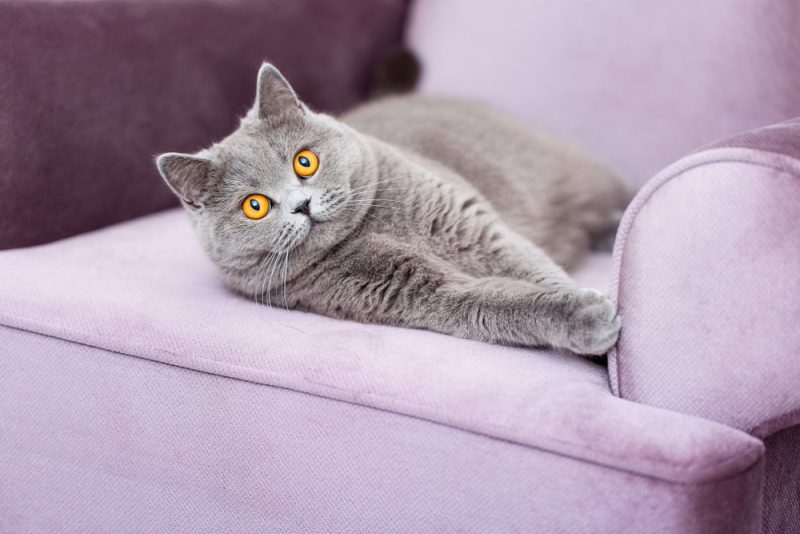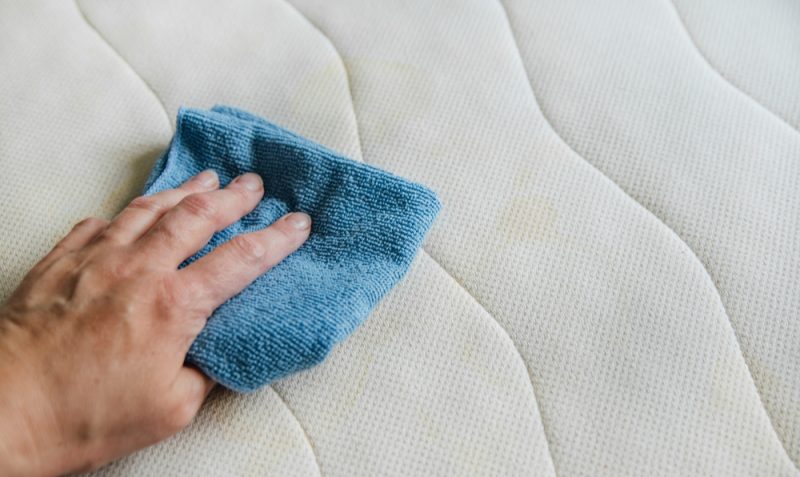In this article
With their crimson leaves, poinsettias are stunning plants, and most people can’t resist having them in their homes.
However, poinsettias have a bad rap; they are said to be poisonous to cats and other pets. It also does not help that their name is eerily similar to “poison.”
So, are poinsettias poisonous to cats? The answer is yes, but they are only mildly toxic to cats (and dogs), usually leading to self-limiting irritation of the mouth, digestive tract, or skin. This means that this plant is unlikely to seriously harm your pet unless consumed in large quantities, which is highly improbable due to its terrible flavor.
Read on to learn everything you need to know about poinsettias, scientific name Euphorbia pulcherrima, and cats.

Why Are Poinsettias Considered Poisonous?
The poinsettia is classified under the banner of toxic plants. However, according to the Pet Poison Helpline, poinsettias are only mildly toxic to cats and other pets, and their poisonous reputation is a great exaggeration.
The fable of poinsettias being an extremely poisonous plant began in 1919 in Hawaii when the young child of an army officer died after allegedly eating poinsettia leaves.1 However, the myth has since been debunked, with studies showing that this plant is unlikely to cause any serious signs, with 96% of exposed patients not needing any treatment and 92% not developing any signs of toxicity.2 The vast majority of these patients were children.
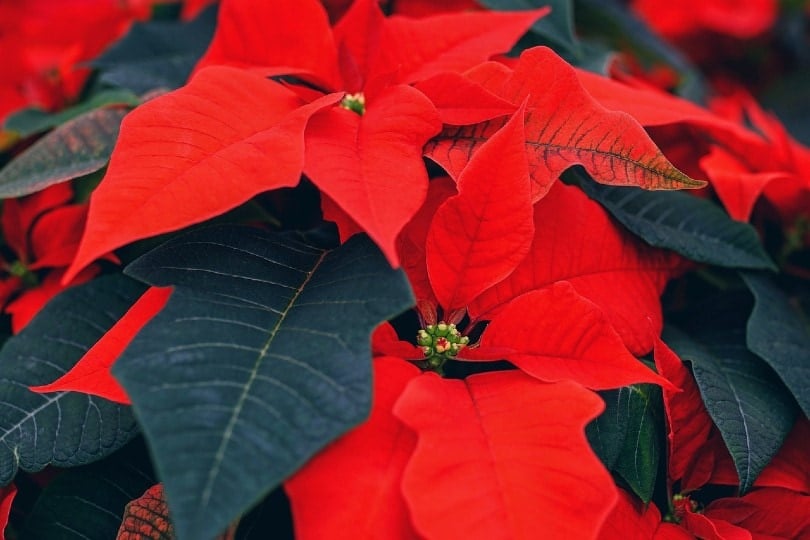
What Happens When a Cat Eats Poinsettia Leaves?
As mentioned, poinsettias are only mildly toxic to cats, meaning that they may cause harm to your cat, but not severely. However, in some cases, a cat might start displaying signs such as drooling, lip smacking, vomiting, and diarrhea. Additionally, the poinsettia’s white sap can cause skin irritation, swelling, itchiness, and redness around the mouth.
Fortunately, these signs are rarely severe enough to warrant medical attention. With that said, sensitive cats or those exposed to larger amounts of the plant might have a more extreme reaction, necessitating a trip to the vet.
If you need to speak with a vet but can't get to one, head over to PangoVet. It's an online service where you can talk to a vet online and get the advice you need for your pet — all at an affordable price!

Treating Signs of Poinsettia Poisoning
As mentioned, most cats that consume poinsettia leaves or other parts of the plant do not require any medical treatment. In fact, there is no antidote for poinsettia poisoning. However, if the degree of mouth and skin irritation or the stomach upset are not resolving on their own within 1-2 hours or are getting worse, it’s best to contact your vet for advice.
The vet can administer symptomatic treatment to make your cat more comfortable. In most cases, the signs clear up by themselves. Still, do not expect your kitty will have learned their lesson. Keep this and any other potentially harmful plant well away from them so this does not happen again.
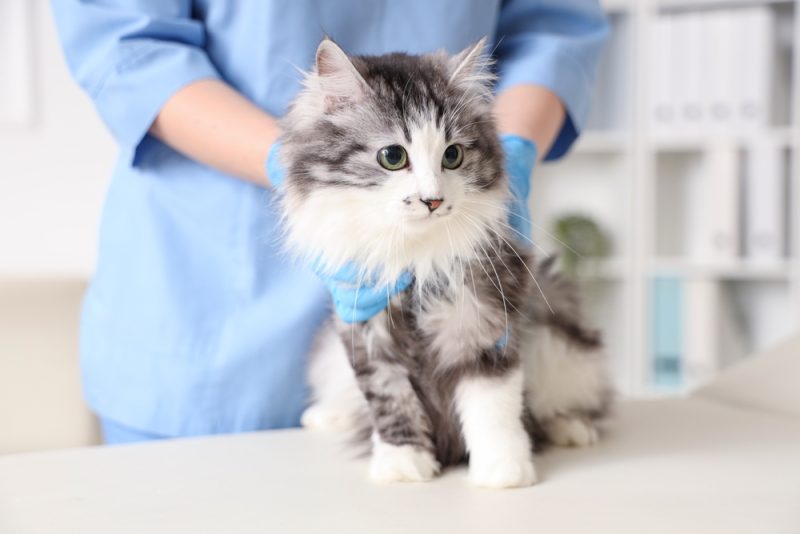
History of Poinsettias in the United States
The poinsettia goes by several names, including the Christmas star, Christmas flower, lobster plant, or the Mexican flameleaf.
This plant was introduced in the United States by the first U.S. ambassador to Mexico, Joel Roberts Poinsett, during the 1820s. As you can tell, the plant was named after the ambassador.
However, in its native home of Mexico and Central America, the poinsettia is known as “Noche Buena,” “la flor de Nochebuena,” or “cuetlaxochitl,” referring to “Christmas Eve” in Spanish, hence the plant’s association with Christmas.

Conclusion
Are poinsettias poisonous to cats? Yes, mildly. The poinsettia’s milky white sap contains compounds that are mildly toxic to cats and dogs. Fortunately, the resulting signs are more of an annoyance to the animal than life-threatening complications.
Moreover, the plant’s bitter taste is more than enough to deter most cats from ever trying to have a bite again. Therefore, you can rest easy knowing that this plant is more or less harmless to your kitty.
See Also:
- Is Cedar Poisonous to Cats? What You Should Know!
- Will a Cat Eat Rat Poison? Can I Use It Safely Around Them?
Featured Image Credit: Gerhard G., Pixabay
